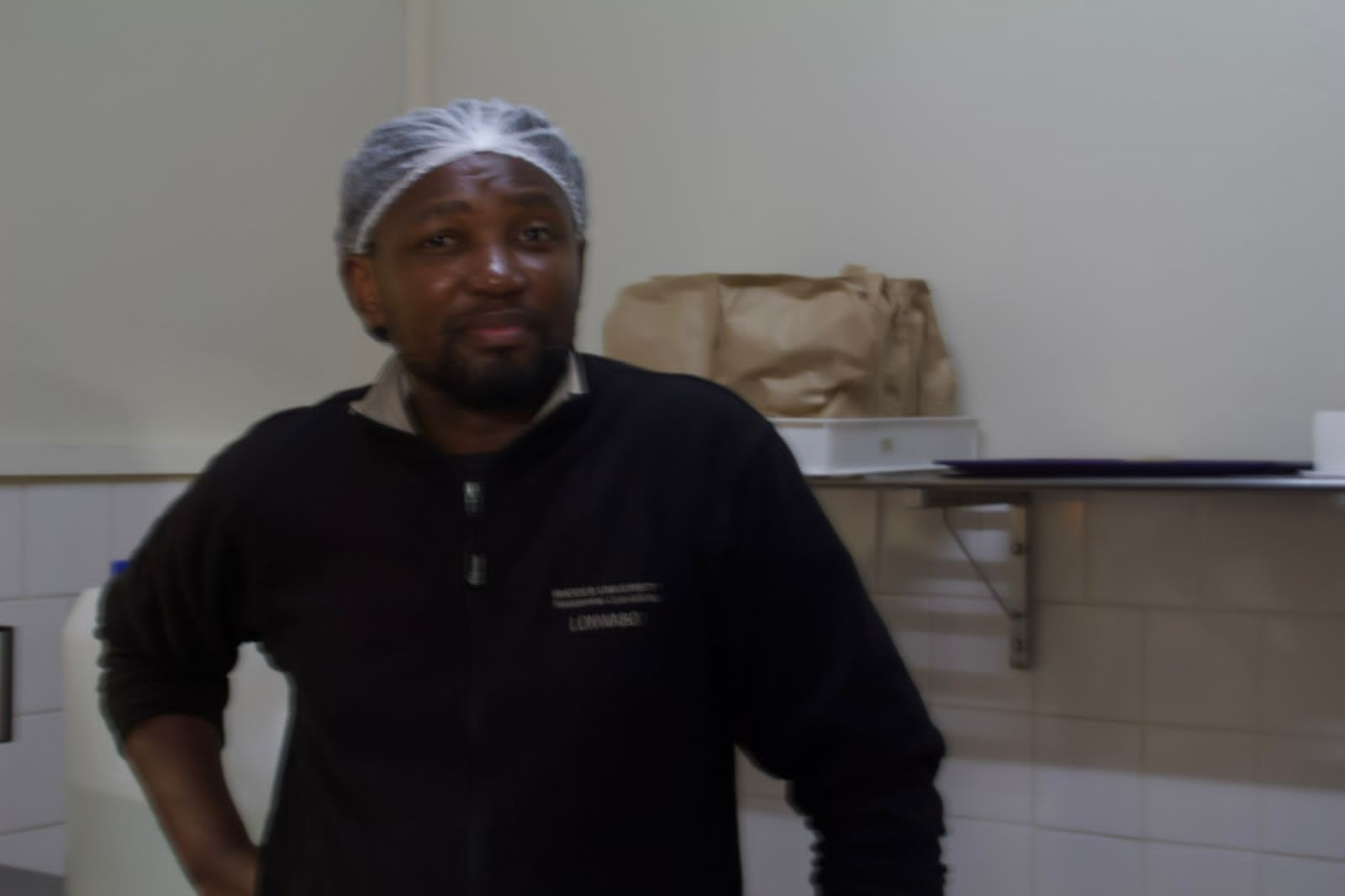By BONGILE SIGONYELA
The dining hall buzz is missing. It’s after lunch – precisely 2.30 pm – and the students of Courtenay-Latimer Hall on the Rhodes campus have gone their separate ways into the afternoon.
At last, it is lunchtime for the catering staff. This is the only time they get to relax, rest their feet, and talk to Grocott’s Mail.
“Life passes you by,” Lonwabo* says. He is a performing artist but has had to miss many opportunities to perform because he was working. He laments losing the chance to send a message out there on Human Rights Day, Youth Day, and other events. But he smiles and says that his job, as demanding as it is, puts bread on the table at the end of the day.

Sindi* notes other losses. “I’m losing money and time with my child,” she says. Sometimes she cannot accompany her sick child to the clinic. On those days, she has to get someone to accompany her child on her behalf. Her child’s creche closes at 2 pm, so she has to pay for aftercare. To be able to work her weekend shifts, she has to pay a nanny to look after her child. That is the cost of putting bread on her table.
For Mama Zo*, her job in the dining hall means missing out on funerals, events that black people take seriously. But when a neighbour dies, Mama Zo cannot show ubuntu because work prevents her from attending the services and night vigils and participating in certain rituals and cultural practices.
* Partial names or pseudonyms have been assigned at their request to protect identities.


